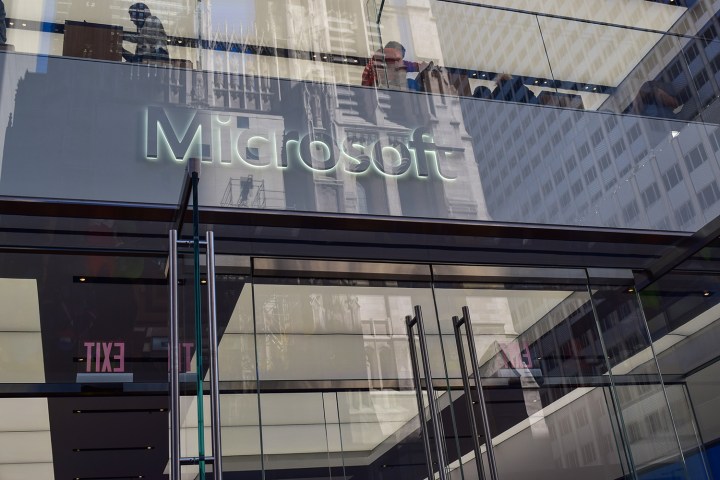
It follows similar data center launches in the Netherlands and the United Kingdom earlier this year, as Microsoft looks to establish strong local relationships with businesses that are not fond of U.S. surveillance. The company is also getting ahead of the potential fallout from the U.S.-EU safe harbor framework, which was recently ruled invalid by the European Court of Justice.
The two new data centers — located in Magdeburg and Frankfurt — will be used to access Azure, Office 365, and Dynamics CRM Online. That covers most of Microsoft’s services for businesses and consumers.
“Our new data center regions in Germany, operated in partnership with Deutsche Telekom, will not only spur local innovation and growth, but offer customers choice and trust in how their data is handled and where it is stored,” said Microsoft Chief Executive Satya Nadella in a statement.
Microsoft has been fighting against U.S. surveillance at every turn, calling it a “advanced persistent threat” in 2013 after the Edward Snowden leaks. It has since called for surveillance reform, and pushed to localize Internet traffic.
The move to bring data centers to Europe is unique in the technology world, with Facebook and Google intent on keeping data centers primarily in the United States. Both Internet companies went against the European Court of Justice’s decision on the U.S.-EU safe harbor framework, with Alphabet chairman Eric Schmidt going as far as to say it could damage “one of the greatest achievements of humanity.”
U.S. surveillance has shaken European countries, especially those targeted by the National Security Agency. German Chancellor Angela Merkel was apparently tapped by the NSA, and in partnership with U.K.’s Government Communications Headquarters (GCHQ) the NSA hacked allied corporations, including Belgacom and Gemalto.
This has led to an almost rebellious attitude by the European Union, recently revoking Edward Snowden’s criminal charges and asking European countries to accept Snowden’s asylum.
Editors' Recommendations
- Chinese hackers targeting critical U.S. infrastructure, Microsoft warns
- Microsoft reportedly in talks to buy TikTok’s U.S. operations
- The U.S. military is using solar-powered balloons to spy on parts of the Midwest
- Data breach of unknown entity exposes private data of 80 million U.S. households

